Cadabam's Health Blog
Discover insights for a healthier you


CBC Test Explained: What It Measures and Why It's Essential
Health

Liver Function Test: An Overview
Health
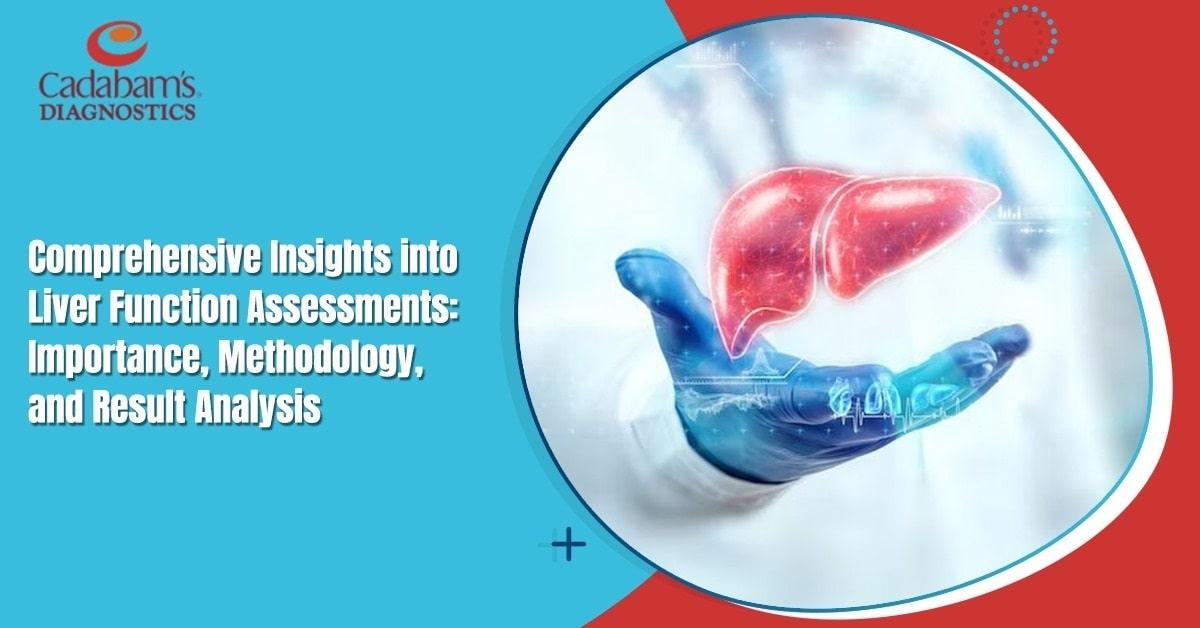
Understanding Liver Function: Key Tests and Their Purpose
Health

Trusted Pregnancy and Maternity Tests at Cadabam’s
Health
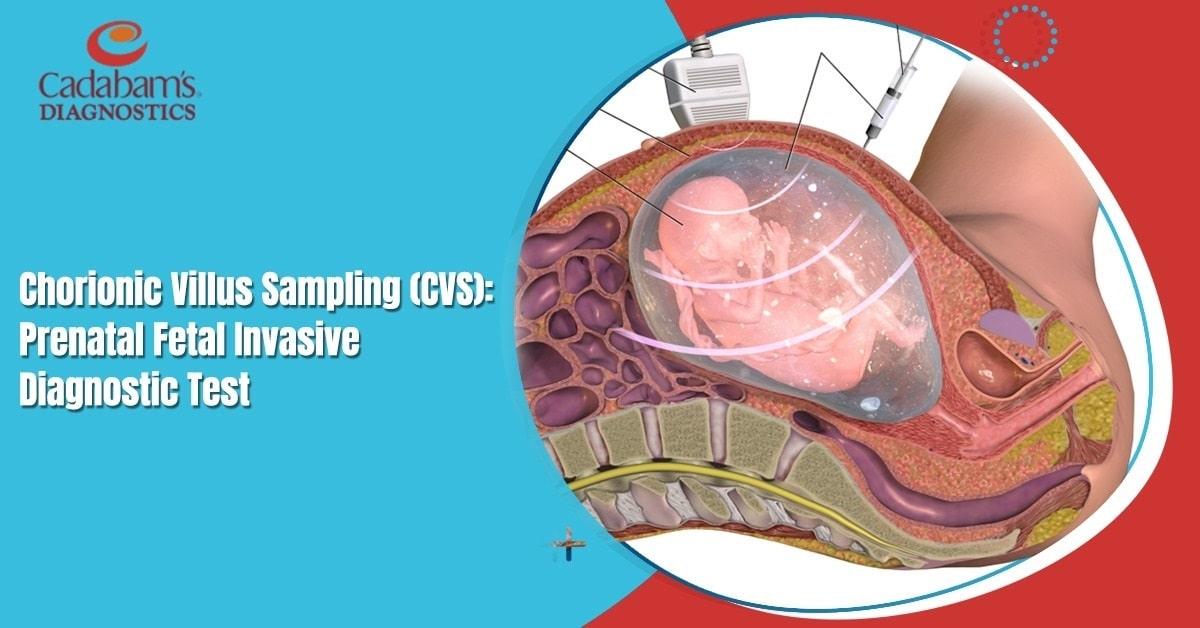
Chorionic Villus Sampling: Early Genetic Testing Explained
Health

Fetal Surgery: Expert FAQs and Insights
Health

Everything You Need to Know About Thyroid Scans: Steps and Interpretations
Health

CBC Report Explained: Unlock Your Blood Test Insights
Health

MRI vs X-Ray Scans: Differences and Similarities
Health

Scrotal Doppler Ultrasound: Diagnosis and Benefits
Health

What to Know About Transabdominal Pelvic Ultrasound
Health
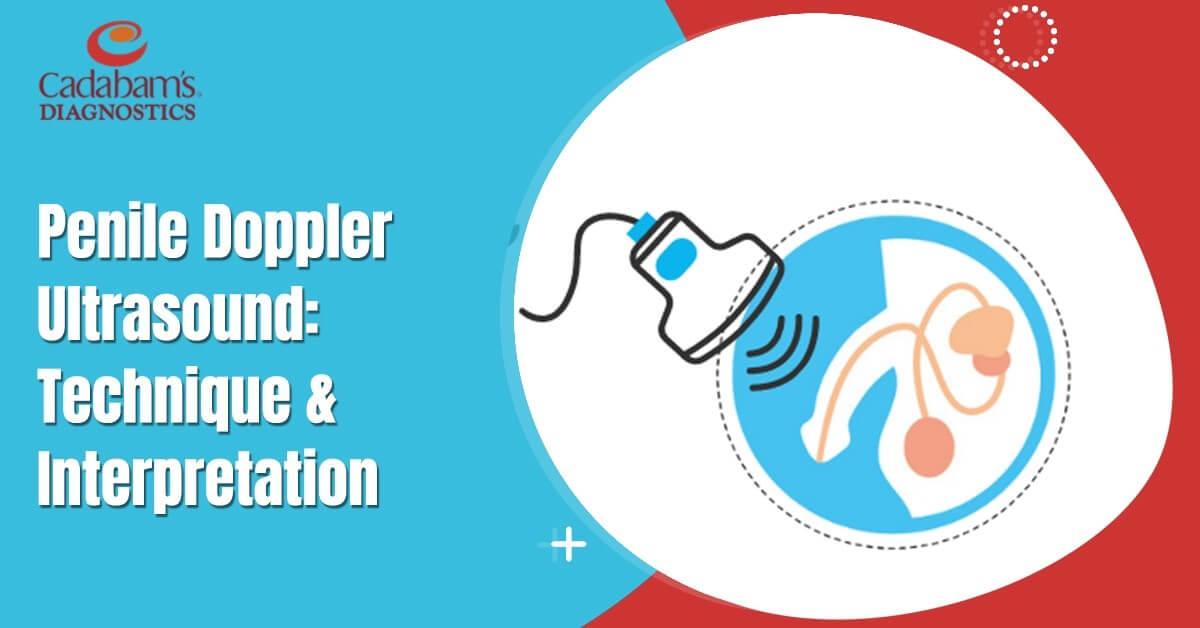
Penile Doppler Ultrasound: A Key to Male Health
Health

Unlocking Health Secrets: 5 Diseases Found in Urine
Health

Understanding Liver Disease: Risk Factors and Testing Guide
Health
Cadabam's Guide to Managing Diabetes with the Right Foods
Health

Scrotum Ultrasound: Diagnostic Uses and Procedure
Health

A Guide to Breast Cancer Biopsy and Its Results
Health
Understanding Thyroid Function Tests
Health
Guide to Ultrasound Imaging: Types and Key Uses
Health
Hyperglycemia Symptoms, Risks, and Control Strategies
Health
Low Blood Sugar (Hypoglycemia): Causes, Symptoms, and Tips
Health
Postprandial Blood Sugar: Key Facts and Management Tips
Health
Blood Sugar: Tests, Levels, and Management Tips
Health
TIFFA Scan: Key to Safe Pregnancy & Fetal Health
Health
Understanding the Quadruple Marker Test in Pregnancy
Health
What is an NT Scan during Pregnancy?
Health
All About Fetal Doppler Scans
Health
Understanding the Role of Anomaly Scans in Pregnancy
Health

Thyroid Health: Understanding TSH Levels and Tests
Health
Difference Between Ultrasound & CT Scan
Health

ECG vs. Echocardiogram: A Guide to Heart Diagnostics
Health
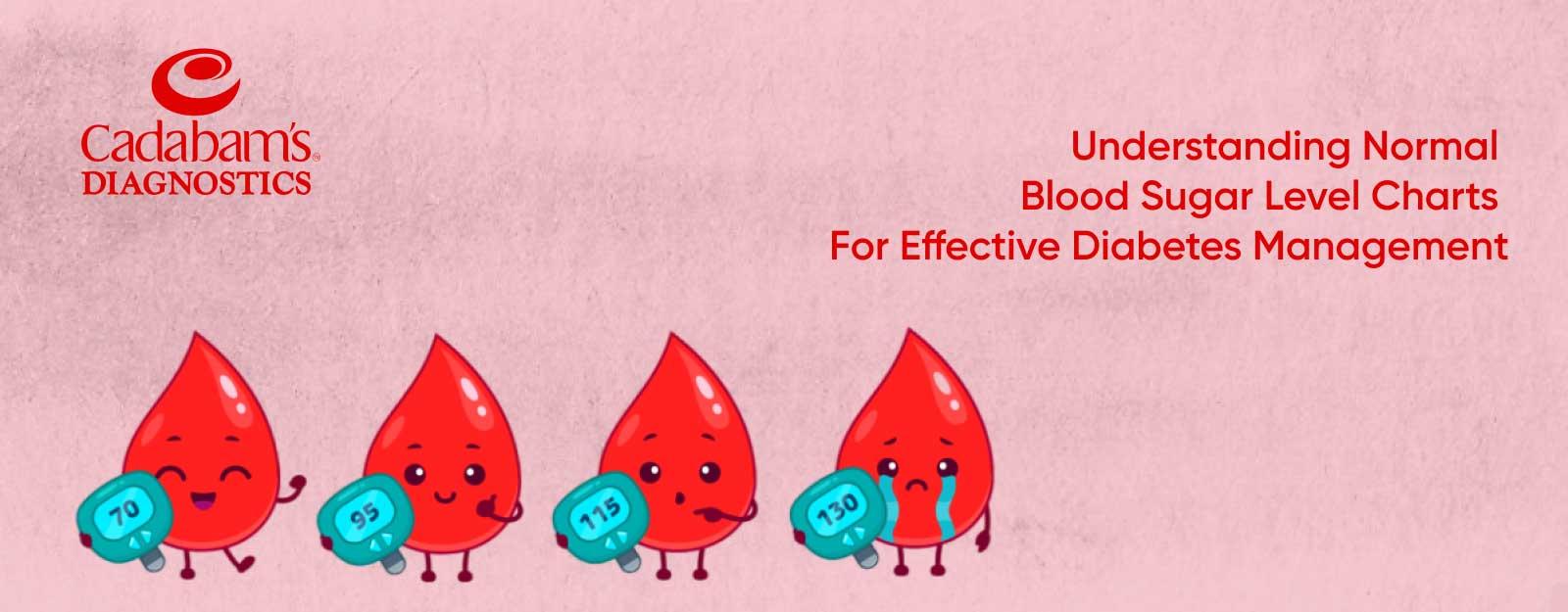
Understanding Normal Blood Sugar for Diabetes Control
Health
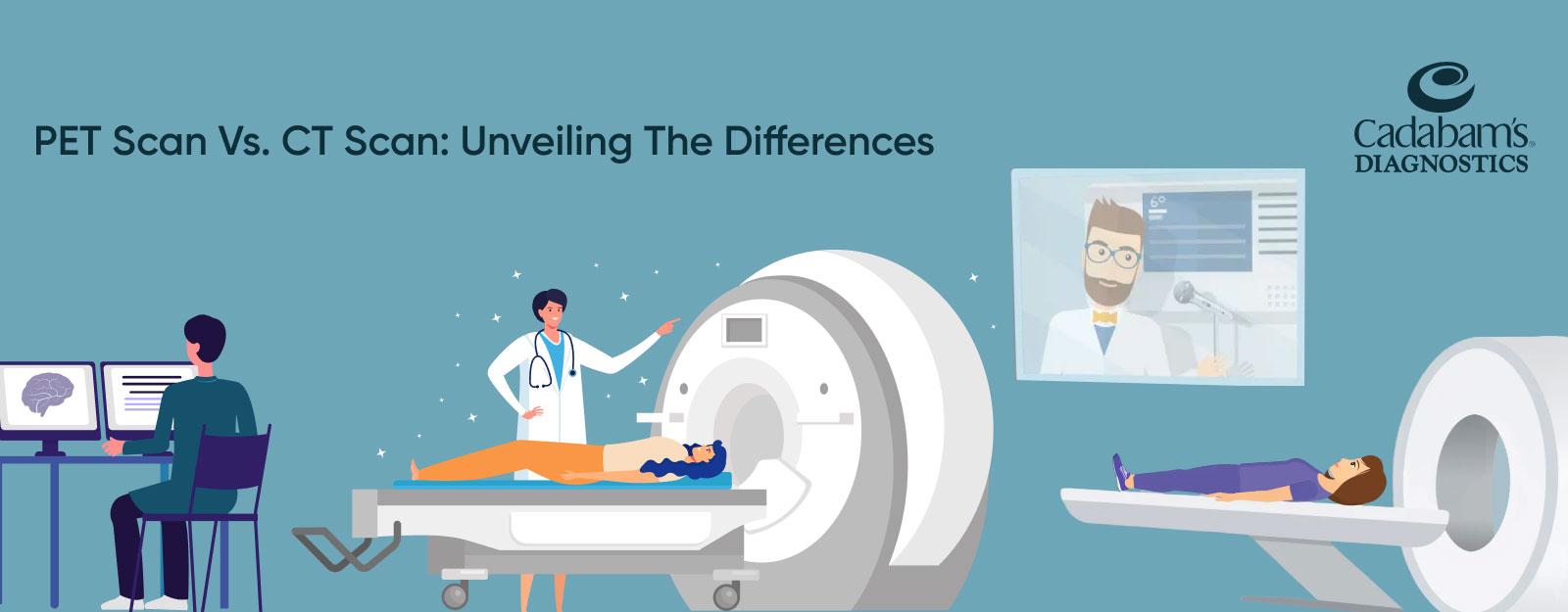
PET Scan vs. CT Scan: Unveiling the Differences
Health
Liver Function Test Results: A Comprehensive Guide
Health
Understanding Lung Cancer CT Scans and Biopsies: Everything You Need to Know
Health
Urine Culture: Procedure, Results, and Normal Ranges
Health
Typhoid Fever: Comprehensive Insights for Better Recovery
Health
RBC Count Normal Range: Causes, Symptoms, and Health Tips
Health
Understanding Vitamin K: Key Functions, Food Sources, and Deficiency Signs
Health
Platelet Count: Low vs. Normal vs. High Range in Humans
Health
Understanding MCH Levels: Implications of Low and High Mean Corpuscular Hemoglobin in Blood Tests
Health
Eosinophilia: Understanding Its Causes, Diagnosis, Treatment, and Ranges
Health
A Comprehensive Guide to Types of Blood Tests for Cold and Cough
Health
Types of Malaria: A Detailed Guide to Parasites, Symptoms, Diagnosis, and Prevention
Health
WBC Count: Understanding Normal Ranges and Identifying Abnormal Levels
Health
Dengue Fever Explained: Symptoms, Treatment, and When It’s Time to Worry
Health
Understanding Diffusion-Weighted Imaging (DWI MRI): A Comprehensive Guide
Health
What Is Jaundice? Symptoms, Types, and Treatment Explained
Health
The Ultimate Guide to Understanding Blood Pressure: Normal Ranges and Key Differences
Health
Low Blood Pressure: Causes, Symptoms, and Treatment Options
Health
Understanding Epithelial Cells in Urine
Health
Why Full Body Checkup Is Essential When You Turn 40
Health
Effective Strategies for Managing Uric Acid Levels
Health
What level of GGT is dangerous? A Guide to GGT Levels
Health